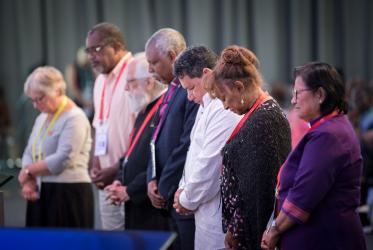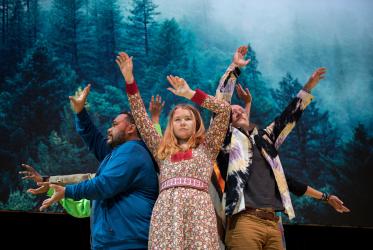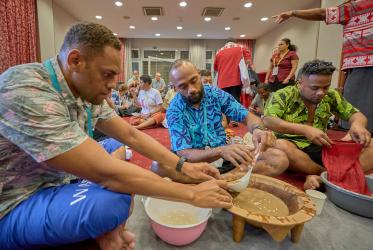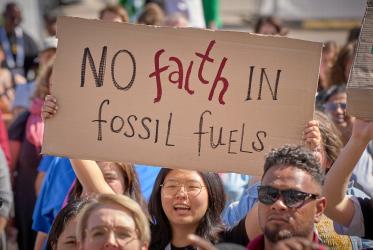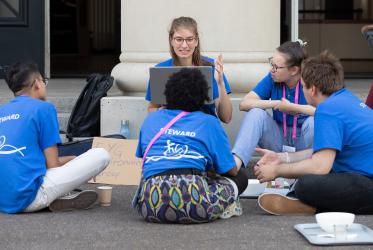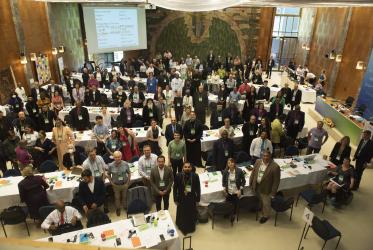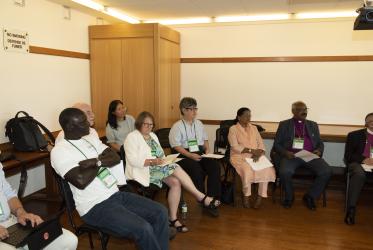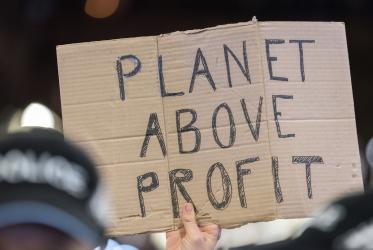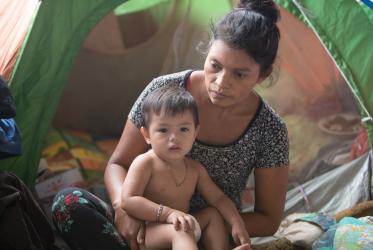In the world today, border is far from a neutral or natural notion. Depending on the context of interpretation, it evokes different thoughts and emotions. For some, it may recall an expensive wall of xenophobia. For others, it could mean a gateway to safety and refuge, or the relentless defense against hostile aggressors. As we ponder the theme “Christ’s love (re)moves borders,” we shall begin by asking: What are borders? At a time when world powers are trying to change borders by force, what does it mean for Christ’s love to (re)move borders? And, ultimately, how do we discern between ideological pacifism and true unity?
28 July 2022
Suk-Yi Pang
